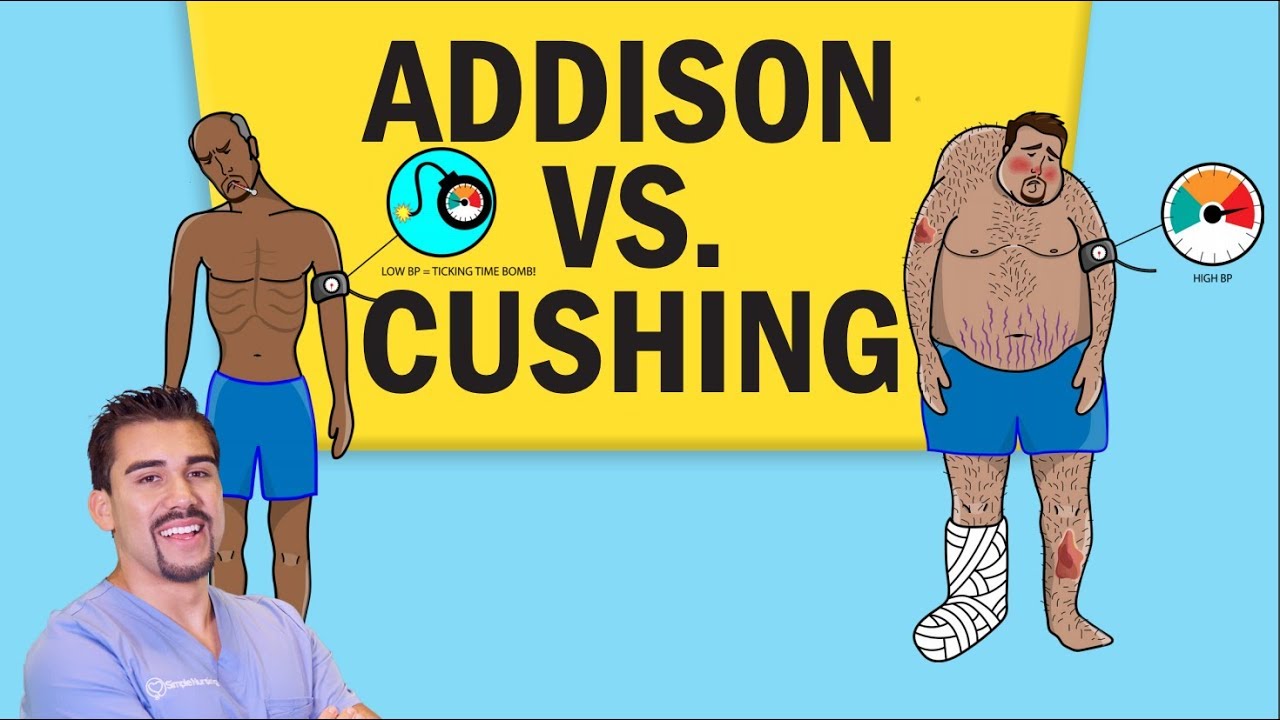Stress - What is Stress - Why Is Stress Bad - What Causes Stress - How Stress Works
Summary
TLDRIn this informative video, Bryan explores the concept of stress, its causes, and its effects on the body. He explains the physiological response to stress, including the release of hormones like adrenaline and cortisol, and how these can be beneficial in the face of physical danger but detrimental when stemming from emotional stress. The video delves into the top causes of stress in the U.S. and highlights the negative impacts on health, such as anxiety, depression, and heart disease. Bryan offers practical advice on managing stress through exercise, a healthy diet, relaxation, and seeking professional help if needed, emphasizing the importance of addressing stress to maintain overall health and happiness.
Takeaways
- 🧠 Stress is the body's reaction to demands or threats, involving the release of hormones like adrenaline and cortisol.
- 🚨 The hypothalamus signals the adrenal glands to release stress hormones, which prepare the body for a fight or flight response.
- 🏃♂️ Physical stress can be beneficial, providing energy and strength, and enhancing reaction time and focus.
- 💔 Emotional stress, without a physical outlet, can be harmful and lead to health issues over time.
- 📉 Once the stressor is gone, hormone levels and physiological responses return to normal.
- 🔑 Top causes of stress in the U.S. include job pressure, financial concerns, health issues, and relationship strains.
- 🤒 Many people experience physical symptoms due to stress, and it can negatively impact personal relationships.
- 🏋️♀️ Regular exercise can help manage stress by acting as a distraction and releasing mood-boosting chemicals.
- 🥗 A healthy diet rich in fruits and vegetables supports bodily functions and helps in stress management.
- 🧘♂️ Incorporating relaxation and enjoyable activities into your routine can alleviate stress.
- 🤝 Building positive relationships and reducing intake of stimulants like caffeine and alcohol are beneficial for stress reduction.
- 💤 Ensuring adequate sleep and seeking professional help when needed are crucial for managing stress effectively.
Q & A
What is stress according to the video?
-Stress is the body's way of reacting to any kind of demand or threat.
Which part of the brain signals the adrenal glands to release hormones during stress?
-The hypothalamus, a tiny region in the brain, signals the adrenal glands to release hormones.
What hormones are released into the bloodstream during stress and what is their primary effect?
-Adrenaline and cortisol are released, which trigger the liver to produce more blood sugar, giving an energy boost, and cause rapid breathing, increased heart rate, and blood pressure.
How can the chemicals released during stress be beneficial?
-The chemicals can be beneficial in physical danger as they provide more energy, strength, speed up reaction time, and enhance focus.
What are the potential harmful effects of stress if it is caused by emotional factors?
-Emotional stress can be harmful because there's no outlet for the extra energy and strength, potentially leading to anxiety, depression, and other health issues.
What are the top 7 causes of stress in the U.S. according to the video?
-The top 7 causes of stress are job pressure, money, health, relationships, poor nutrition, media overload, and sleep deprivation.
What percentage of people regularly experience physical symptoms caused by stress?
-77% of people regularly experience physical symptoms caused by stress.
How does stress affect relationships according to the statistics mentioned in the video?
-54 percent of people say stress has caused them to fight with people close to them.
What are some of the long-term health problems that can arise from the activation of the stress response system?
-Long-term stress can cause anxiety, depression, digestive problems, headaches, heart disease, sleep problems, weight gain, and memory and concentration impairment.
What are some ways to manage stress as suggested in the video?
-Some ways to manage stress include regular exercise, eating a healthy diet, making time for relaxation and fun, building positive relationships, reducing caffeine, sugar, and alcohol intake, and seeking professional help if needed.
What is the bottom line message of the video regarding stress and health?
-The bottom line is that stress is a significant problem in society, and a big part of being healthy is being happy. It's important to address stress to prevent it from eroding one's health.
Outlines

This section is available to paid users only. Please upgrade to access this part.
Upgrade NowMindmap

This section is available to paid users only. Please upgrade to access this part.
Upgrade NowKeywords

This section is available to paid users only. Please upgrade to access this part.
Upgrade NowHighlights

This section is available to paid users only. Please upgrade to access this part.
Upgrade NowTranscripts

This section is available to paid users only. Please upgrade to access this part.
Upgrade NowBrowse More Related Video

혈관을 꽉 막히게 만드는 칼슘 석회화의 원인과 개선 방법, 석회화를 개선시키는 영양제는 무엇일까요???

Stres dan Cara Mengatasinya|Materi BK SMP/MTs Semester 2 Kelas 9

Perilaku Keorganisasian Sesi 14 MANAJEMEN STRES

क्या आपका लिंग सिकुड़ रहा है ? Penis Shrinkage Dr. Deepak Kelkar (MD)

Addisons vs Cushing's Disease for NCLEX RN

The Shocking Truth About SLEEP & SOUL in Islam || Ustadh Abdulrahman Hassan
5.0 / 5 (0 votes)